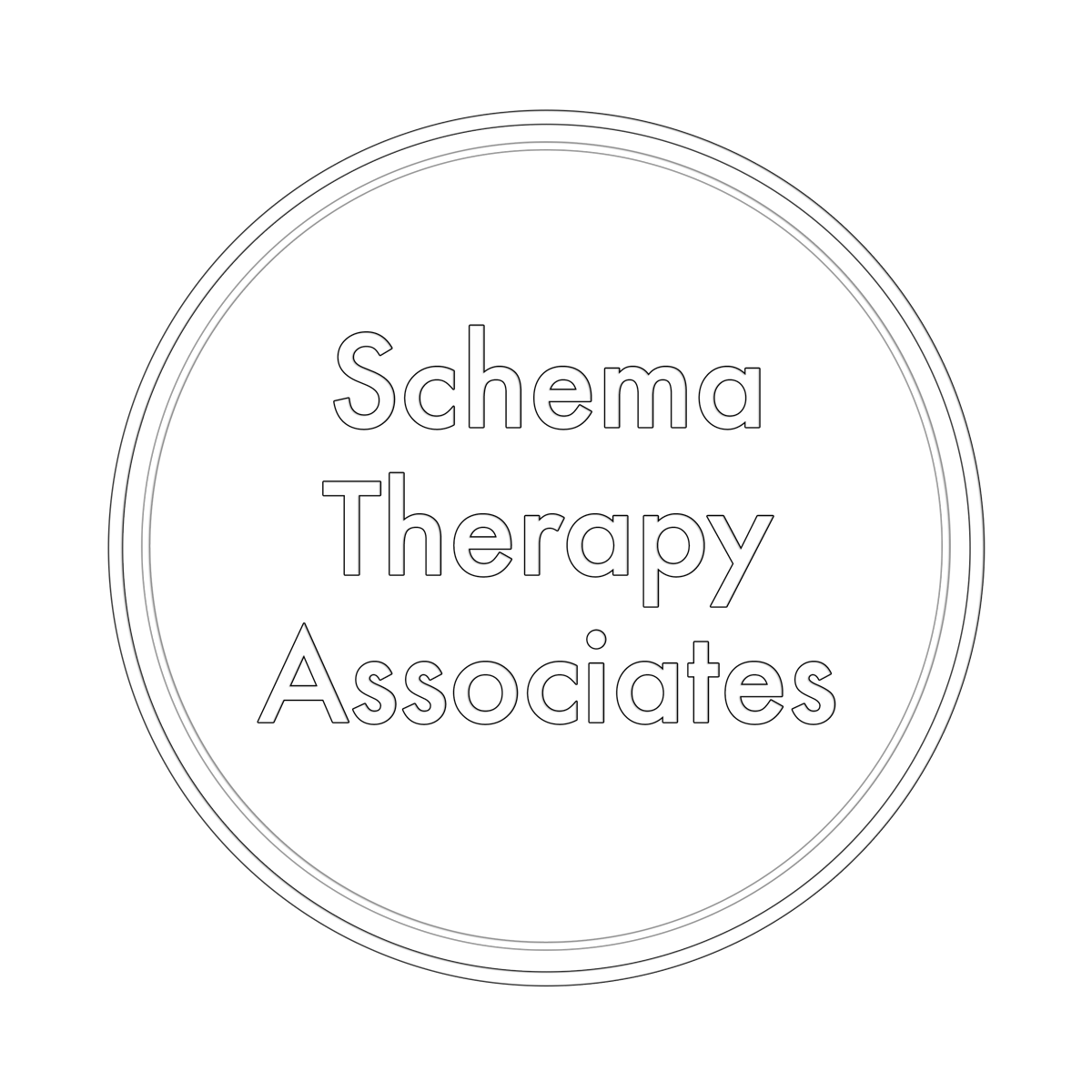
Forensic settings serve a variety of populations; the common characteristic is their risk to others. Typically, risky behaviour is thought of as that which deviates from lawful behaviour, usually through interpersonal violence or sexual exploitation. However, it may also include less obviously deviating behaviours, such as reckless driving, verbal abuse, domestic violence, deceit and so-called ‘white-collar’ crime.
Forensic settings are varied and may serve, for example, community clients (who may have offended or be at risk of offending) or prison populations (including Dangerous and Severe Personality Disordered – DSPD individuals), or be situated in hospitals where assessment and treatment is offered to individuals suffering with psychiatric disorders. Clinical (and forensic) psychology can play a role at all levels in these settings. This may include undertaking risk assessments, developing comprehensive formulations to understand and explain behaviour and providing treatments, either in groups or individually.
Schema Therapy is at an early stage in terms of developing an evidence base for its effectiveness with forensic populations, however this is changing fast. New research is emerging documenting the potential Schema Therapy has for change in forensic populations, some with antisocial personality disorders (see Arnoud Arntz and David Berstein’s work, in progress). Whether or not the forensic population differs significantly from other populations is debatable. Bernstein (2011) has proposed specific schema modes that describe largely psychopathic offenders. However we do not yet know if these modes are sufficiently distinct from those of non-forensic populations or non-psychopathic offenders.
With over ten years experience of working in forensic settings in England as a clinical psychologist, Ulla has worked in a variety of settings, with men and women, a range of pathologies (psychiatric, personality disordered, and psychopathic) and a wide span of ages, including children and older adults. Ulla has lived in Copenhagen since 2012 where she continues to practice as a chartered clinical psychologist (registered by the Danish Psychology Board, Psykolognævnet and DPF) and a schema therapist. Ulla currently works with veterans of war. Schema Therapy can help individuals who experience difficulties with:
Impulsivity
Anger management
Aggression or violence
Guilt, humiliation & shame
Intimidation and/or paranoia (incl. hostility)
Lack of empathy (including narcissistic functioning)
Problems with limit-setting and boundaries
Entitlement and/or immediate gratification needs
Difficulty expressing vulnerability (“Tough” or “Bully-attack”-modes)
Schema Therapy offers individuals who experience such difficulties a unique way of resolving these complex issues. Such change has enabled Ulla’s clients to develop safer ways of expressing their needs and as a consequence their risk has reduced and they have been able to lead healthier, more satisfying lives.
